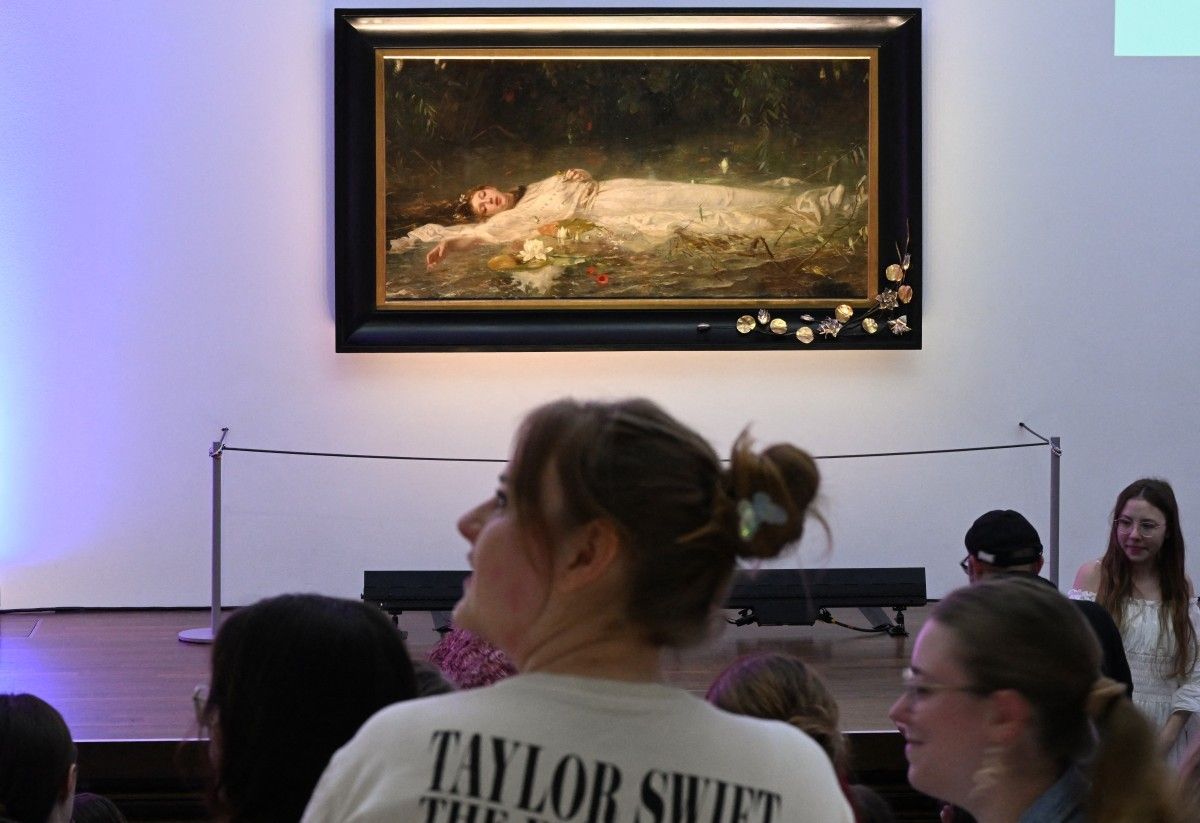Uncharted Paths: A Deep Dive into the World’s Lesser-Known Travel Gems
In a world where travel often gravitates towards popular destinations, there remains a tapestry of lesser-known travel gems waiting to be explored. These hidden gems offer not only breathtaking landscapes and rich cultural experiences but also the thrill of discovery away from the crowds. This blog post will take you on a journey through some of the world’s most intriguing and under-the-radar destinations, offering unique insights and practical tips for the adventurous traveler.
The Allure of Off-the-Beaten-Path Destinations
Traveling to lesser-known destinations has an allure of its own. Not only do these places provide a sense of solitude and exclusivity, but they also offer a chance to engage with local cultures in a more authentic manner. Away from the commercialized buzz of popular tourist spots, these hidden gems allow travelers to immerse themselves in the untouched beauty and traditions of a region.
One major benefit of exploring these paths is the opportunity to contribute to sustainable tourism. By visiting destinations that aren’t traditional tourist hotspots, travelers can help support local economies without overwhelming the infrastructure. This form of sustainable travel ensures that these beautiful places remain preserved for future generations.
Exploring the Forgotten Landscapes of Eastern Europe
Eastern Europe is a treasure trove of hidden travel gems. While cities like Prague and Budapest attract masses, there are numerous lesser-known spots that offer equally captivating experiences.

Lviv, Ukraine: Often overshadowed by its more famous neighbors, Lviv is a remarkable city that boasts a blend of Eastern European charm and vibrant cultural life. Known for its cobblestone streets and eclectic architecture, Lviv offers a rich tapestry of history and modernity. Visitors can explore the Lviv National Opera, or simply enjoy the city’s thriving café culture.
Rila Monastery, Bulgaria: Nestled in the Rila Mountains, this UNESCO World Heritage Site is a stunning example of Bulgarian architecture and spiritual heritage. The monastery’s location amidst lush forests and its rich history dating back to 927 AD make it an excellent destination for those seeking both adventure and tranquility.
Additionally, Eastern Europe is home to a variety of landscapes that are perfect for hiking enthusiasts. From the Carpathian Mountains in Romania to the Julian Alps in Slovenia, these regions offer scenic trails that are often less frequented by international tourists.
Unveiling the Mysteries of Southeast Asia
Southeast Asia is renowned for its stunning beaches and vibrant cities, but beyond its popular destinations lie hidden corners that promise unforgettable experiences.
Luang Prabang, Laos: This serene town is a UNESCO World Heritage Site known for its well-preserved architectural, religious, and cultural heritage. It is a place where traditional Lao culture coexists with French colonial influences, making it a unique destination for cultural exploration. The town’s many temples, including the stunning Wat Xieng Thong, are a testament to its rich history.
Banaue Rice Terraces, Philippines: Often referred to as the “Eighth Wonder of the World,” these terraces are a marvel of ancient engineering. Carved into the mountains over 2,000 years ago by the Ifugao people, the terraces offer a glimpse into the agricultural practices and daily life of the indigenous communities. Visiting Banaue provides not only scenic beauty but also an opportunity to learn about the indigenous cultures of the Philippines.
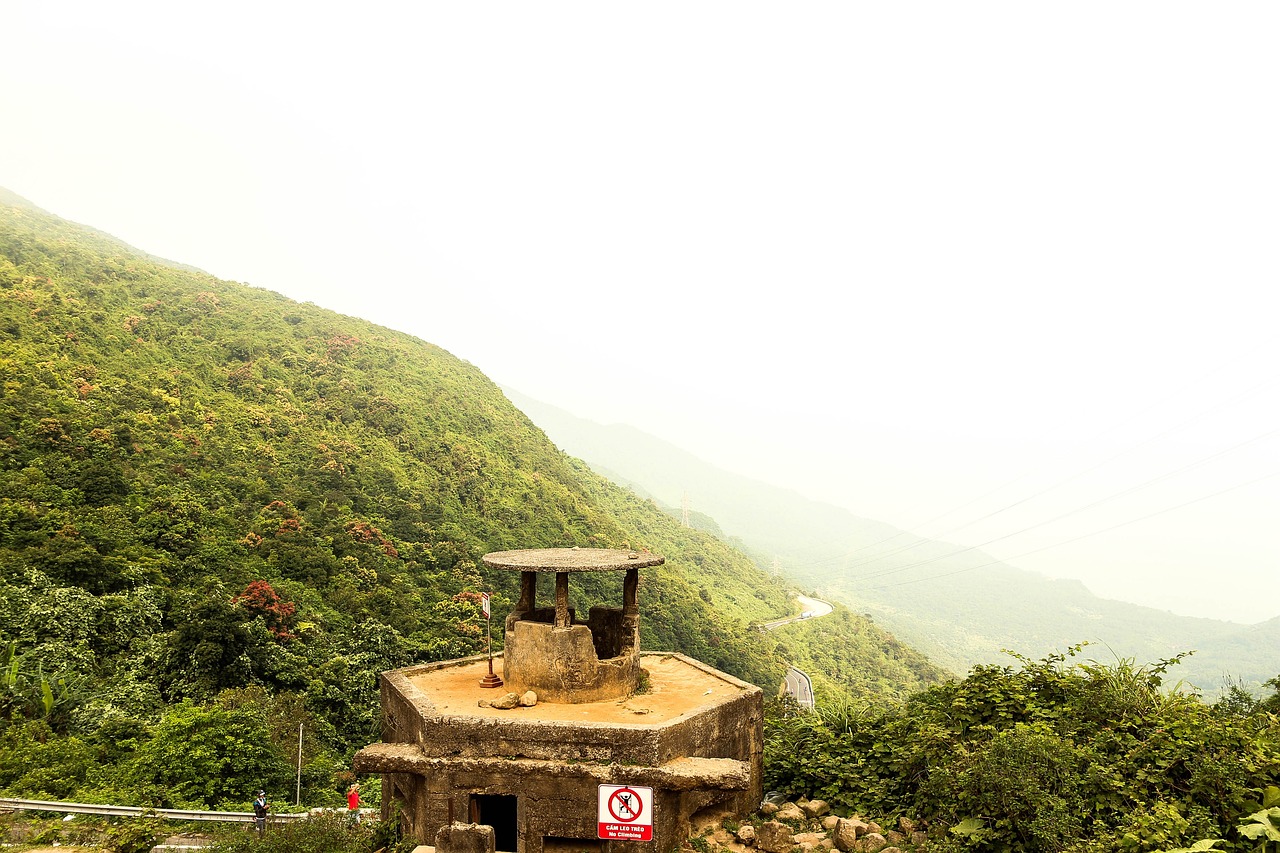
For those interested in Southeast Asian cuisine, the region’s hidden destinations offer a chance to savor authentic local dishes. From the street food markets of Vietnam to the spicy curries of Myanmar, the culinary experiences in these lesser-known locales are both diverse and delightful.
The Untapped Wonders of Africa
Africa is a continent rich in diversity and natural beauty, yet many of its destinations remain off the radar for global travelers. Exploring these hidden gems can offer a unique perspective on the continent’s vast landscapes and cultures.
São Tomé and Príncipe: This island nation off the western coast of Central Africa is a paradise for those seeking unspoiled natural beauty. With its lush rainforests, volcanic landscapes, and pristine beaches, São Tomé and Príncipe offer a perfect escape from the hustle and bustle of modern life. The islands are also home to a variety of endemic bird species, making it a haven for birdwatchers.
Simien Mountains, Ethiopia: Known as the “Roof of Africa,” the Simien Mountains offer some of the most stunning landscapes on the continent. Home to unique wildlife such as the Gelada baboon and the Ethiopian wolf, the mountains provide ample opportunities for trekking and wildlife photography. The cultural richness of the surrounding villages further enhances the appeal of this destination.
For travelers interested in wildlife conservation, Africa’s lesser-known destinations offer numerous opportunities to engage with conservation efforts and learn about the challenges and successes in preserving the continent’s unique biodiversity.
Discovering the Hidden Charms of South America
South America is a continent of contrasts, home to bustling cities and tranquil natural wonders. Beyond the well-trodden paths to places like Machu Picchu and Rio de Janeiro, there are numerous hidden gems waiting to be discovered.
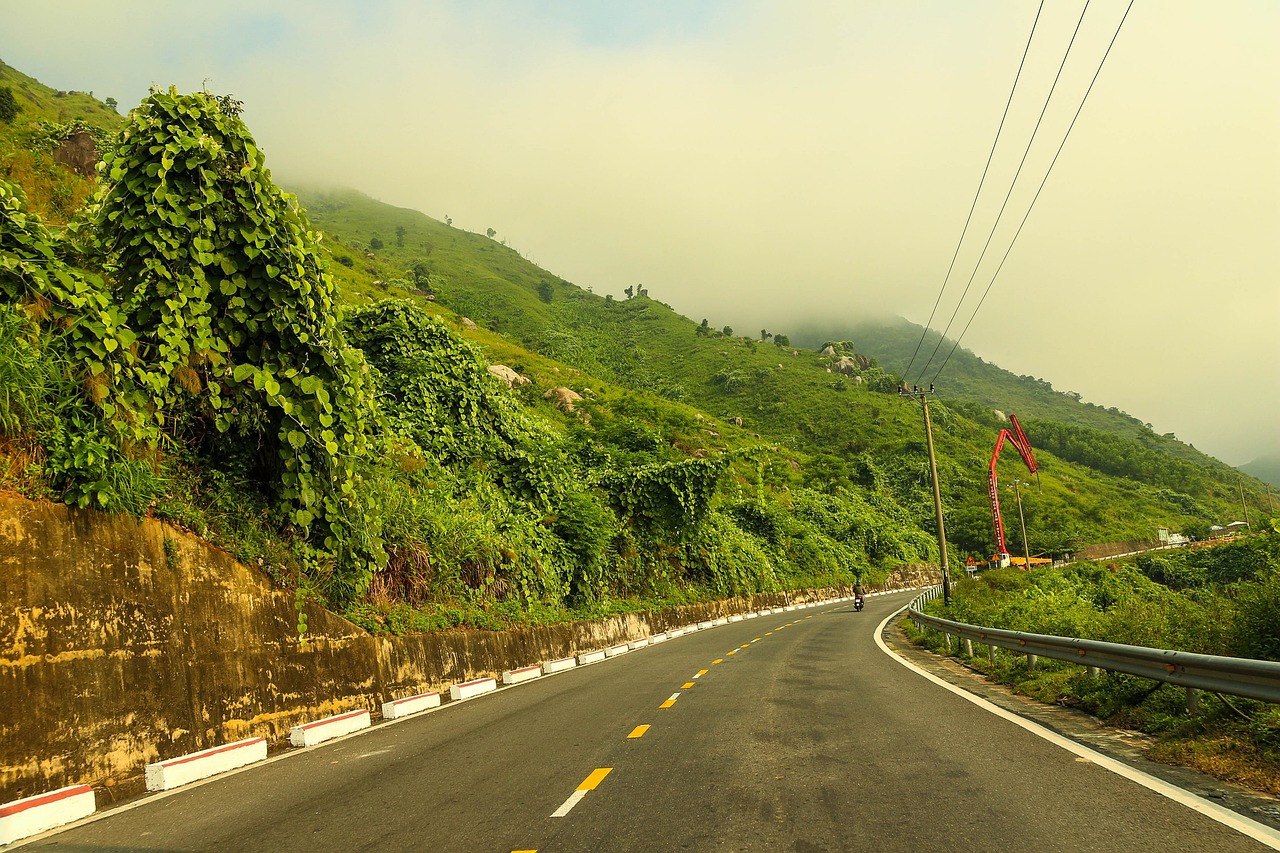
Valle de la Luna, Chile: Located in the Atacama Desert, Valle de la Luna is a surreal landscape characterized by its moon-like terrain. The region’s unique rock formations and salt flats make it an ideal destination for those seeking otherworldly beauty. The clear desert skies also offer exceptional conditions for stargazing.
Chapada Diamantina, Brazil: Often overshadowed by the Amazon and the Pantanal, Chapada Diamantina is a national park that offers breathtaking waterfalls, deep canyons, and diverse wildlife. The park’s extensive network of trails allows visitors to explore its natural wonders while enjoying activities such as hiking, rock climbing, and swimming in natural pools.
South America’s hidden destinations provide a chance to delve into the continent’s rich history and cultural heritage. From ancient archaeological sites to vibrant indigenous communities, these places offer immersive experiences for those willing to venture off the beaten path.
Conclusion: Embarking on Your Own Adventure
The world’s lesser-known travel gems offer a wealth of opportunities for discovery and adventure. Whether you’re drawn to the architectural marvels of Eastern Europe, the cultural richness of Southeast Asia, the natural beauty of Africa, or the diverse landscapes of South America, these destinations promise unique and unforgettable experiences.
As you plan your next journey, consider venturing beyond the usual tourist trails. By exploring these hidden gems, you’ll not only satisfy your sense of adventure but also contribute to the sustainable development of these remarkable places. So, pack your bags, open your mind, and embark on an adventure that will take you to the uncharted paths of our fascinating world.
Practical Tips for Exploring Lesser-Known Destinations
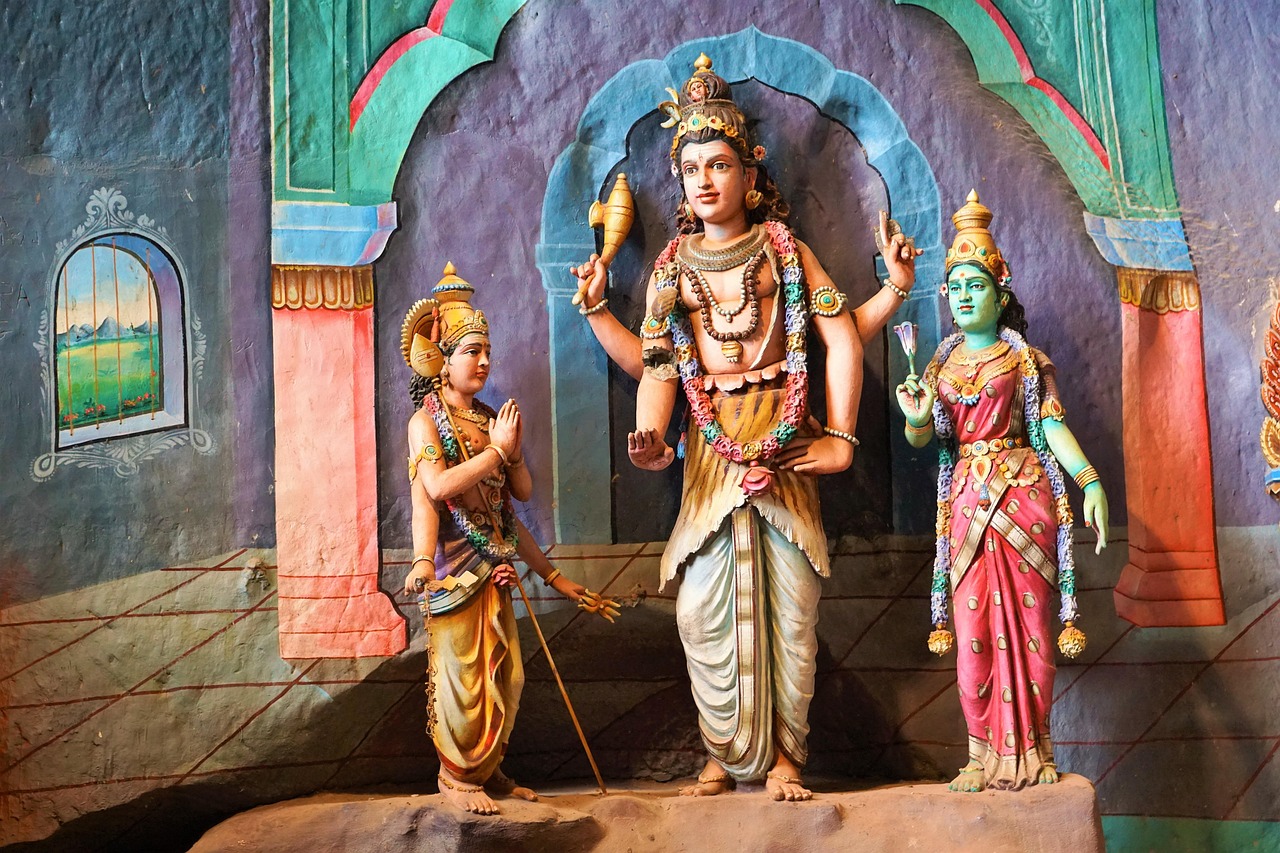
Embarking on a journey to lesser-known travel gems requires a bit more preparation and flexibility than typical tourist hotspots. Here are some practical tips to help you make the most of your adventure:
Research and Planning
While part of the allure of these destinations is their off-the-beaten-path nature, it’s crucial to conduct thorough research before you travel. Look into local customs, language, and the best times to visit to avoid any unexpected challenges. Utilizing resources like travel forums and blogs can provide firsthand insights and tips from other travelers who have ventured there.
Consider reaching out to local tour operators or guides who specialize in these areas. They can offer valuable knowledge and help you navigate unfamiliar territories more smoothly.
Travel Insurance and Safety
When visiting remote or less-developed areas, it’s wise to have comprehensive travel insurance that covers health, accidents, and evacuation if necessary. Safety is paramount, so ensure that you’re aware of any health advisories or travel warnings related to your destination.
Learn about the local emergency contacts and healthcare facilities, and keep them accessible during your trip. It’s also a good idea to register your travel plans with your home country’s embassy or consulate in case of emergencies.
Packing Essentials
Packing for a trip to lesser-known destinations often requires a bit more thought. Be prepared for varying climates and conditions by packing versatile clothing and gear. Items like a reliable backpack, sturdy footwear, and travel-sized toiletries are essential.
Don’t forget to pack any necessary medications, as they might not be readily available in remote areas. Additionally, bringing a portable charger and a universal travel adapter can prove invaluable, especially if you’re traveling to places with limited access to electricity.
Respect and Cultural Sensitivity
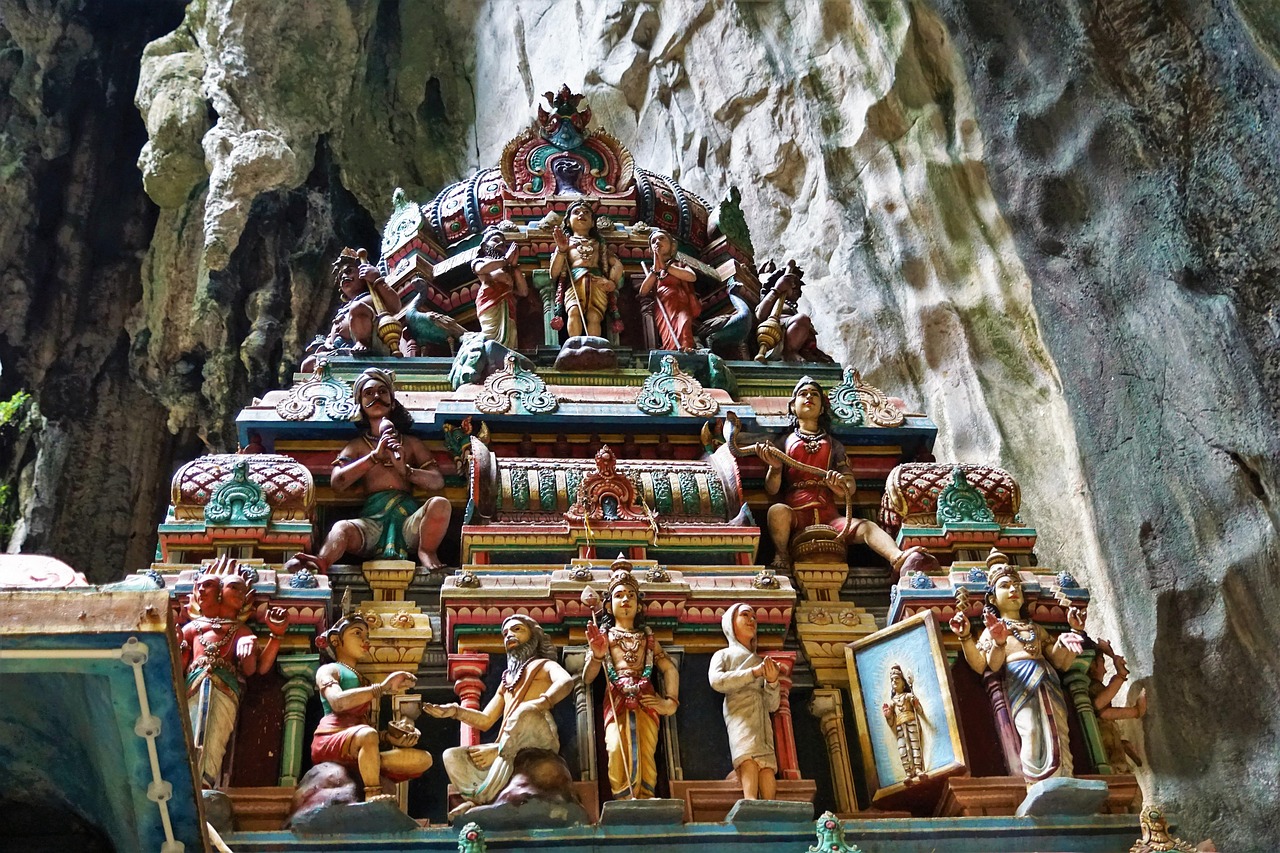
One of the greatest rewards of exploring hidden travel gems is the chance to engage with local cultures. Show respect and sensitivity to the customs and traditions of the communities you visit. Learn a few basic phrases in the local language to foster goodwill and connection.
Be mindful of local dress codes and etiquette, especially when visiting religious sites or participating in cultural events. Taking the time to understand and respect these cultural nuances will enrich your travel experience and leave a positive impression on the communities you encounter.
Environmental Responsibility
As travelers, it’s our responsibility to preserve the natural beauty of the places we visit. Practice Leave No Trace principles by minimizing your environmental impact. Dispose of waste properly, stay on designated trails, and avoid disturbing wildlife.
Consider supporting local conservation initiatives or volunteering with organizations that work towards preserving the natural and cultural heritage of these destinations. Your actions can contribute to the long-term sustainability of these hidden gems.
The Reward of Discovery
Venturing into the world’s lesser-known travel gems offers a unique sense of discovery and adventure. As you explore these destinations, you’ll uncover stories, landscapes, and cultures that are often overlooked by mainstream tourism.
Each journey to an off-the-beaten-path location presents an opportunity to connect with people and places in ways that mass tourism rarely allows. The memories and experiences gained from these adventures will stay with you long after your trip has ended.
In an era where travel is increasingly accessible, seeking out these hidden gems not only quenches the thirst for adventure but also contributes to the preservation of the world’s diverse heritage. So, take the road less traveled, and let the journey transform you in ways you never imagined.
Whether you’re exploring the ancient ruins of a forgotten civilization, trekking through untouched wilderness, or sharing a meal with locals in a remote village, the world’s lesser-known destinations are waiting to be discovered. Embrace the adventure, and let these uncharted paths lead you to unforgettable experiences.
